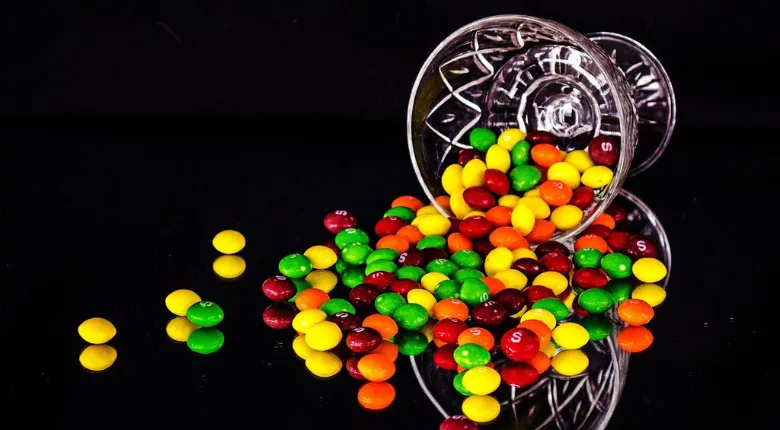New Illinois Bill Aims to Ban Same Four Toxic Food Additives as California Food Safety Act

Image credit: 2092512 via Pixabay
Following the recently passed California Food Safety Act, the new Illinois Senate Bill 2637, dubbed the Illinois Food Safety Act, aims to ban brominated vegetable oil, potassium bromate, propylparaben, and red dye 3—the same additives targeted by California’s legislation—from foods sold in the state. The Illinois Food Safety Act is sponsored by Senators Willie Preston (D-16) and Rachel Ventura (D-43), and is backed by the Environmental Working Group.
Studies have suggested the targeted additives may be linked to serious health harms, such as cancer, reproductive issues, and childhood behavioral and developmental problems.
The bill, if passed would amend the Illinois Food, Drug and Cosmetic Act to prohibit the sale, delivery, distribution, holding, or offering for sale by any person or entity a food product for human consumption that contains brominated vegetable oil (BVO), potassium bromate, propylparaben, or red dye 3. Violation would incur a civil penalty not to exceed $5,000 for a first offense and not to exceed $10,000 for each subsequent offense. The proposed compliance date for the bill would be January 1, 2027. The bill is currently pending assignment in the Illinois Senate.
Unlike the California law, Illinois’ bill would exempt manufacturers, focusing on banning the targeted additives through retail sales.
The Illinois Food Safety Act is not the first bill to emulate the California Food Safety Act. In June 2023, New York Senate Bill S6055A was introduced, which also seeks to ban BVO, potassium bromate, propylparaben, and red dye 3, as well as a fifth additive, titanium dioxide (which was included in the original draft of the California Food Safety Act, before being removed). The New York Senate bill is currently sitting in the state’s Senate Committee on Agriculture.
Regarding the Illinois Food Safety Act, Senator Preston said he intends to amend the bill to also ban titanium dioxide, like the New York Bill. The opinion that titanium dioxide is harmful to human health when used as a food additive is more controversial than it is for the other four additives targeted by the state bills, with the EU ban on titanium dioxide and classification of it as a carcinogen being a topic of recent debate at the court level. The U.S. Food and Drug Administration (FDA) still supports the safety of titanium dioxide as a food additive, and the Joint FAO/WHO Expert Committee on Food Additives (JECFA) recently reaffirmed a “not specified” acceptable daily intake (ADI) for titanium dioxide.
Not only is the California Food Safety Act setting precedents for other states to enact similar bans and for consumer beliefs to more heavily influence food law, it is also driving the conversation around food additives legislation at the FDA, evidenced by recent statements from the agency about BVO and red dye 3. Specifically, in November 2023, the agency proposed to revoke the regulation that authorizes the use of BVO in food and announced its intent to review red dye 3, propylparaben, and potassium bromate. A review of red dye 3 is currently underway.
The January 23 episode of the Food Safety Matters podcast—“Ep. 162. Brian Sylvester: How the California Food Safety Act is Shaping U.S. Food Additives Regulation”—features a leading expert in food law, Brian Sylvester, J.D., Partner in Perkins Coie LLP's Washington D.C. office and a former Attorney-Advisor at the U.S. Department of Agriculture's (USDA). Brian discusses the emerging patchwork of regulations and other nationwide ramifications and considerations following the California Food Safety Act. The podcast can be accessed on Food Safety Magazine’s website or through any podcast player.
Looking for quick answers on food safety topics?
Try Ask FSM, our new smart AI search tool.
Ask FSM →









